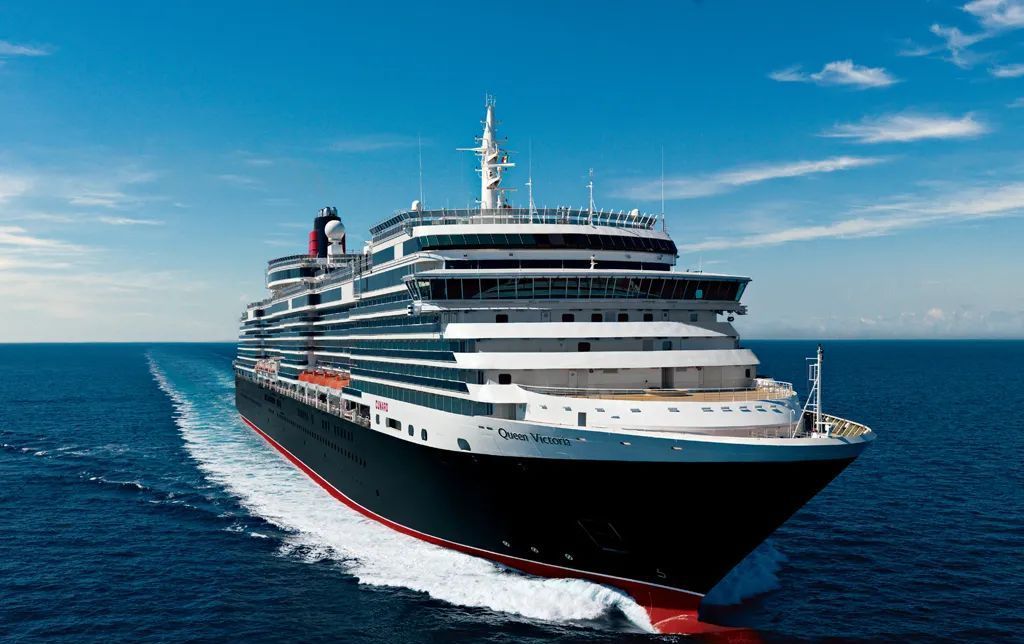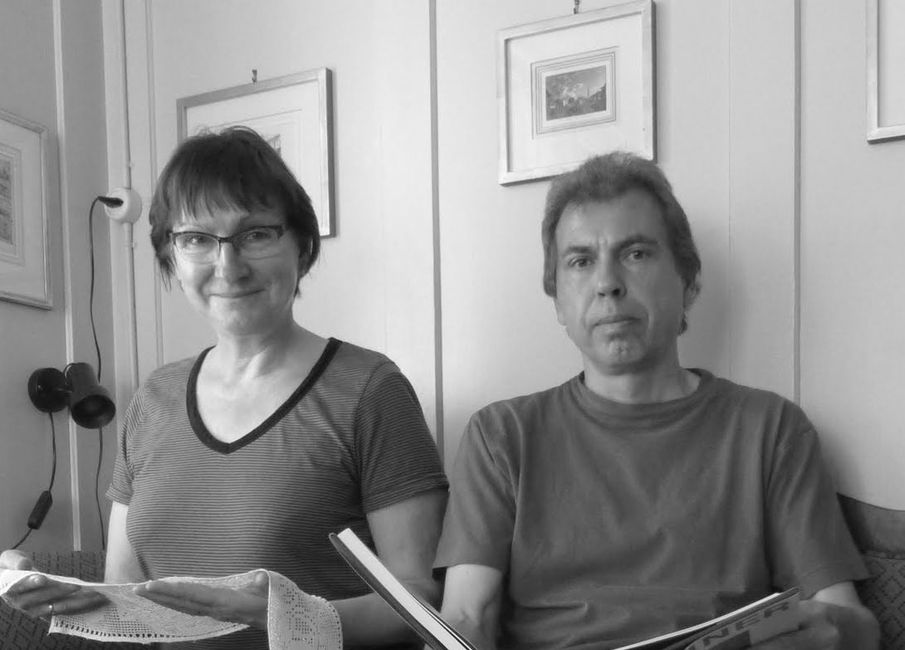Kuala Lumpur, Malaysia, March 17, 2023
Апублікавана: 17.03.2023
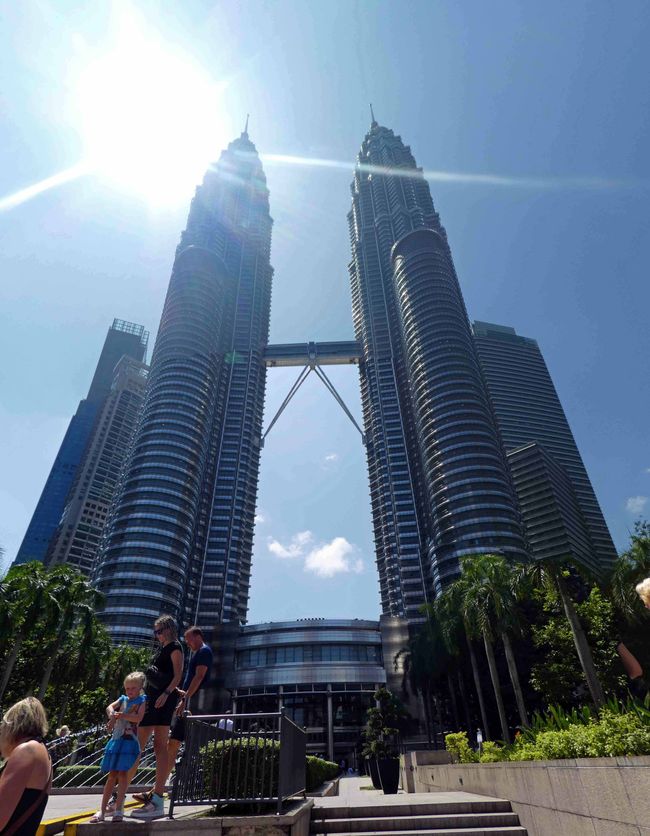
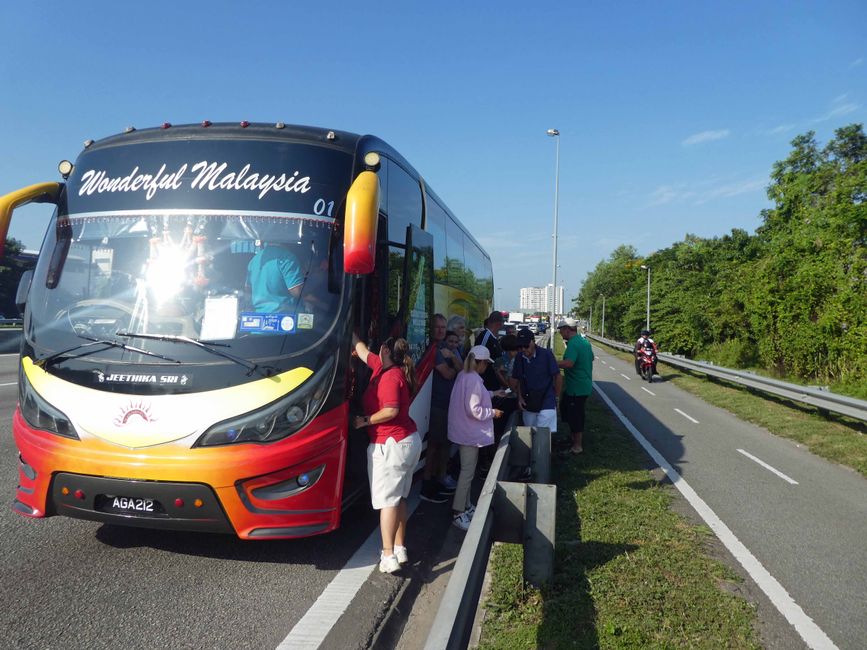
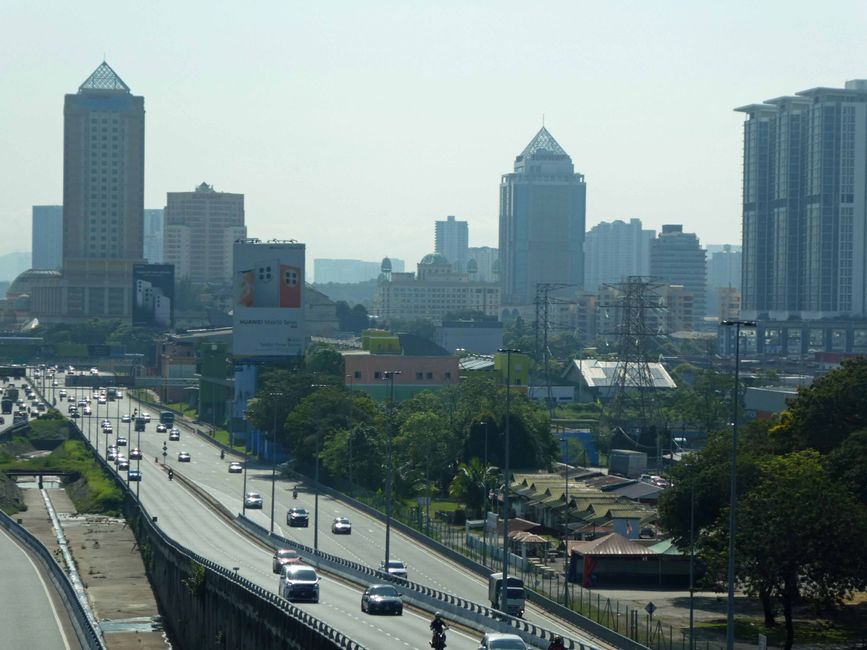
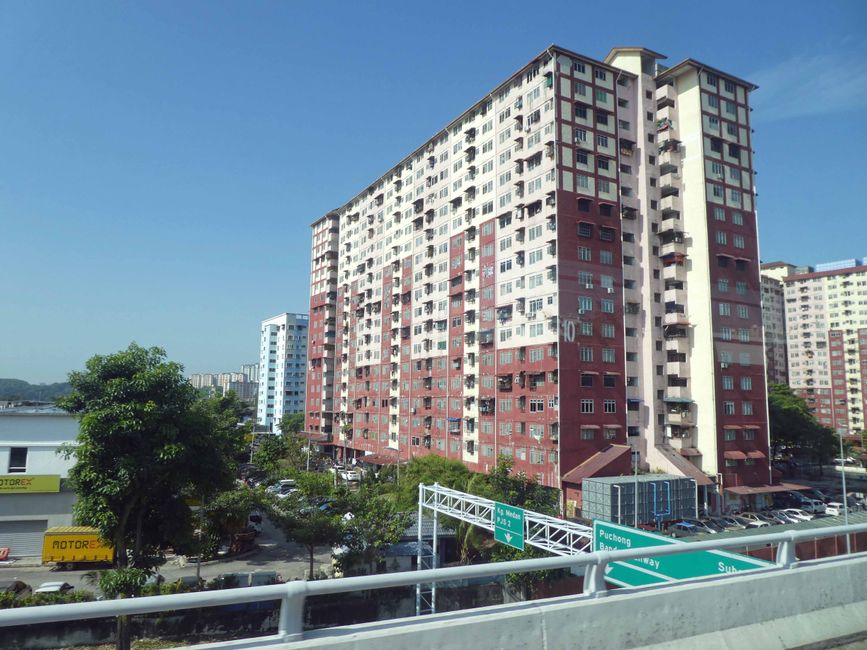
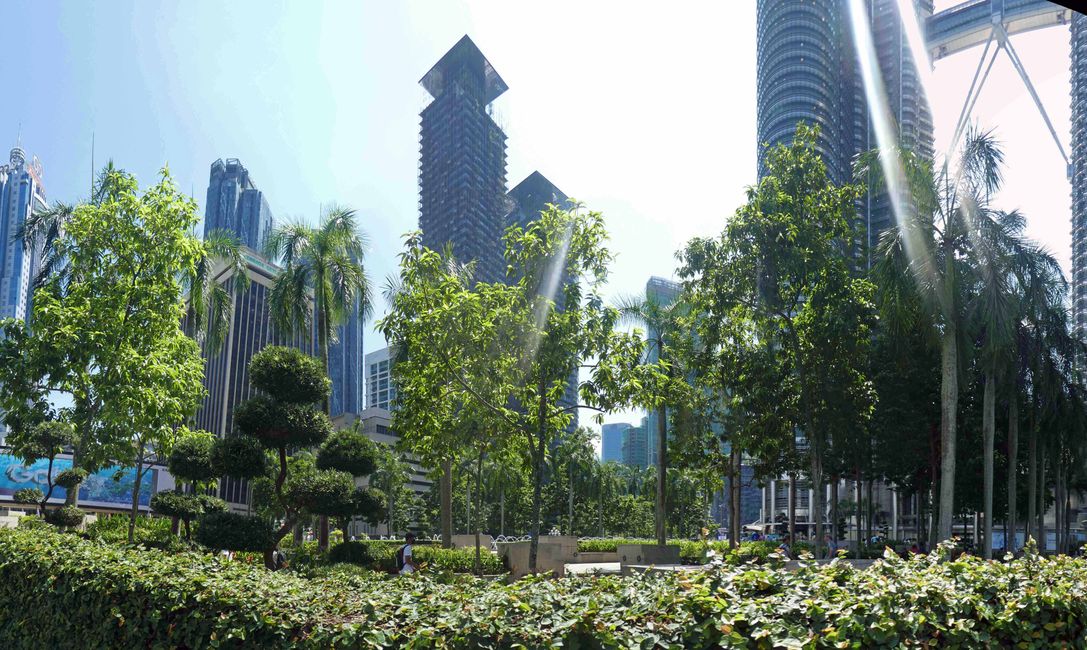

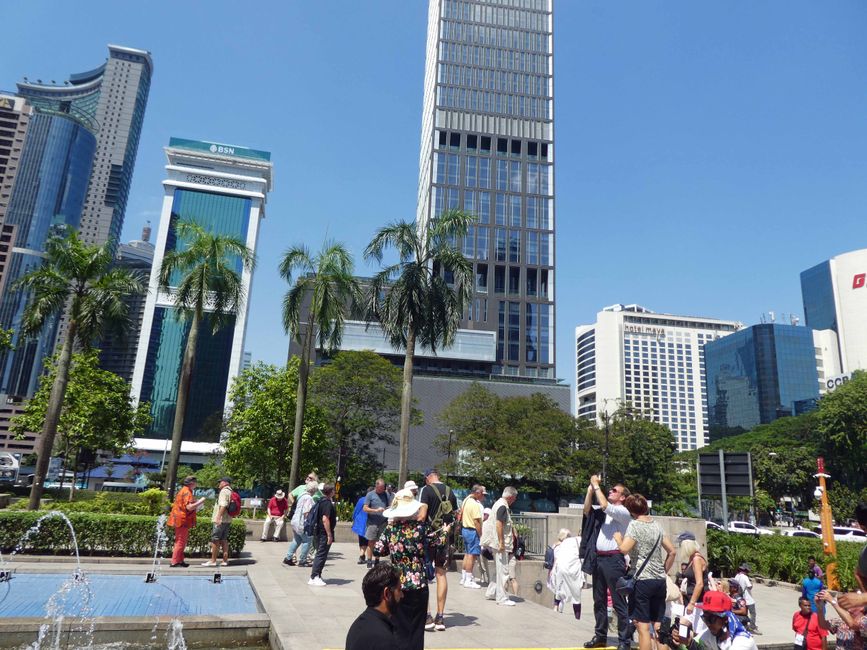
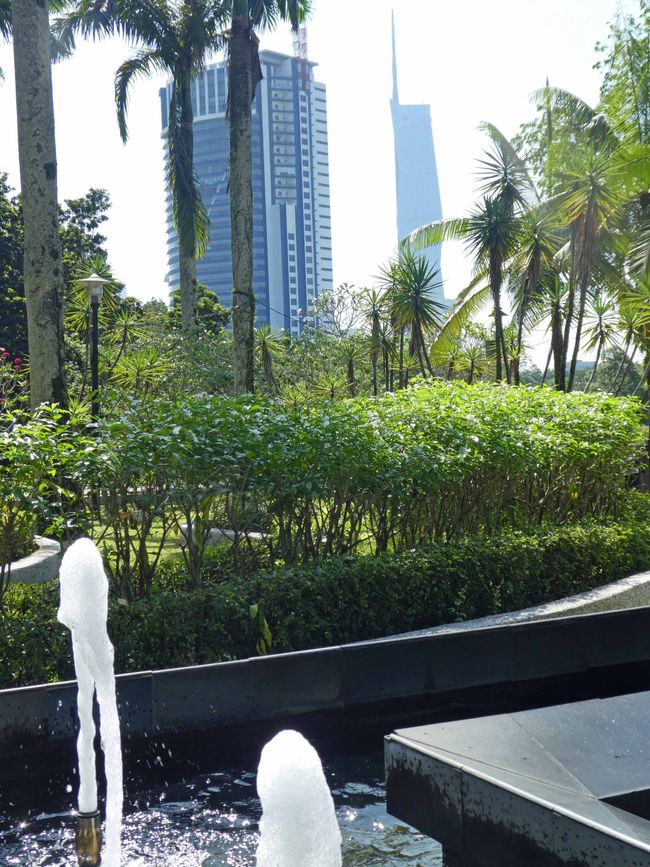
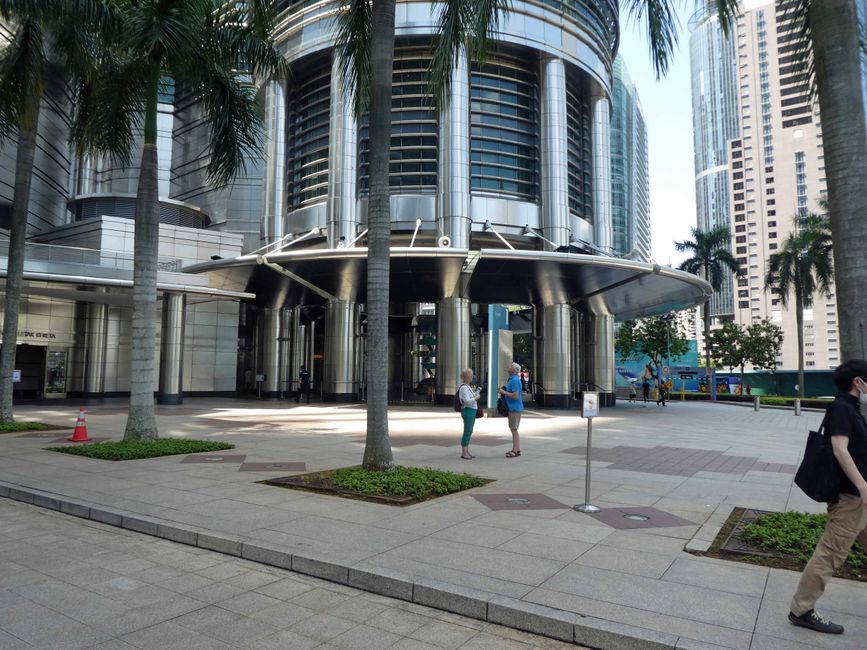
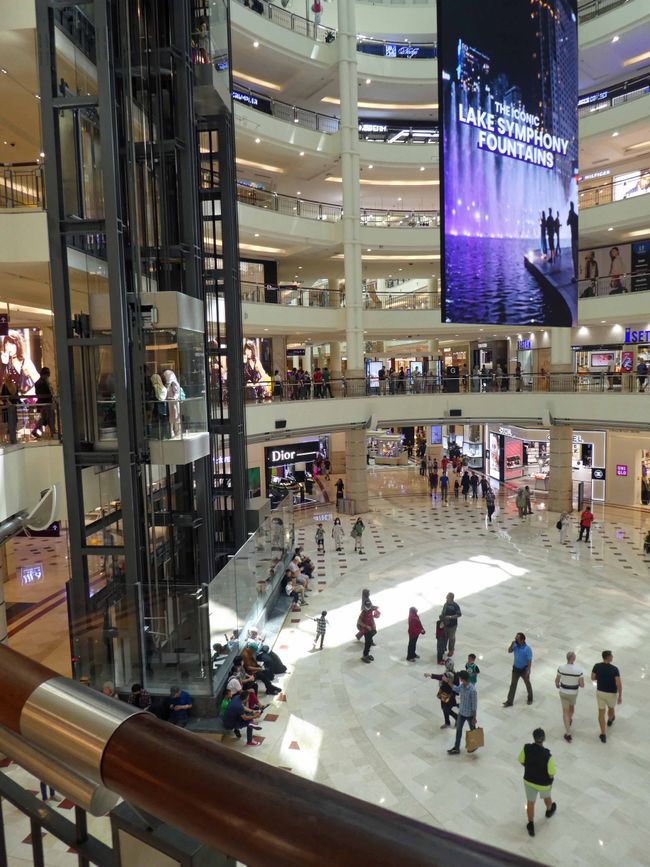
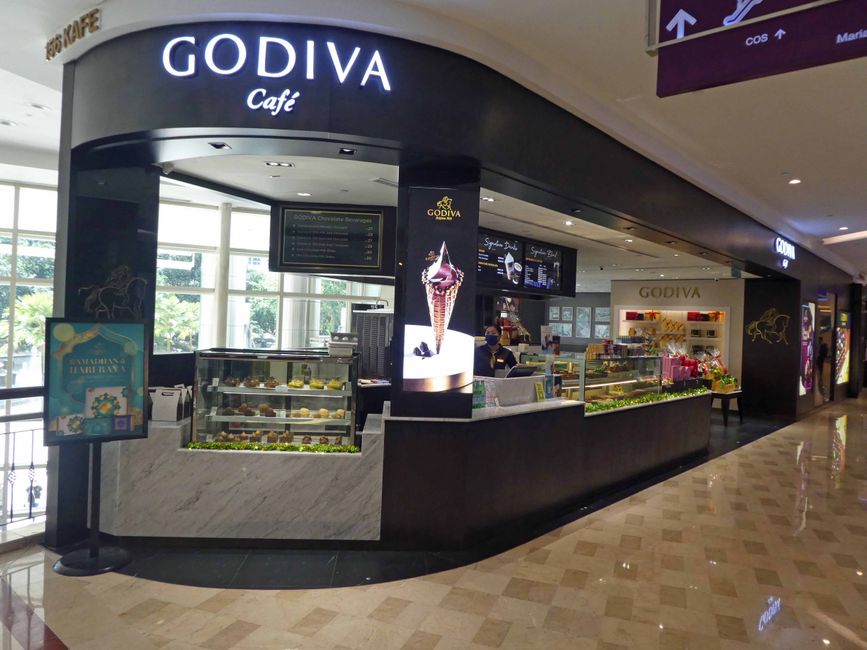
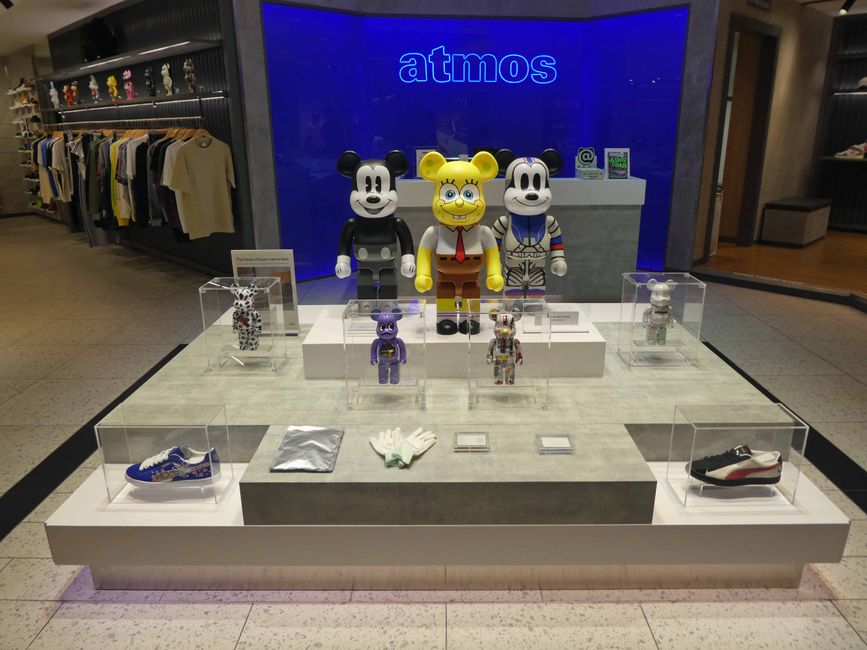

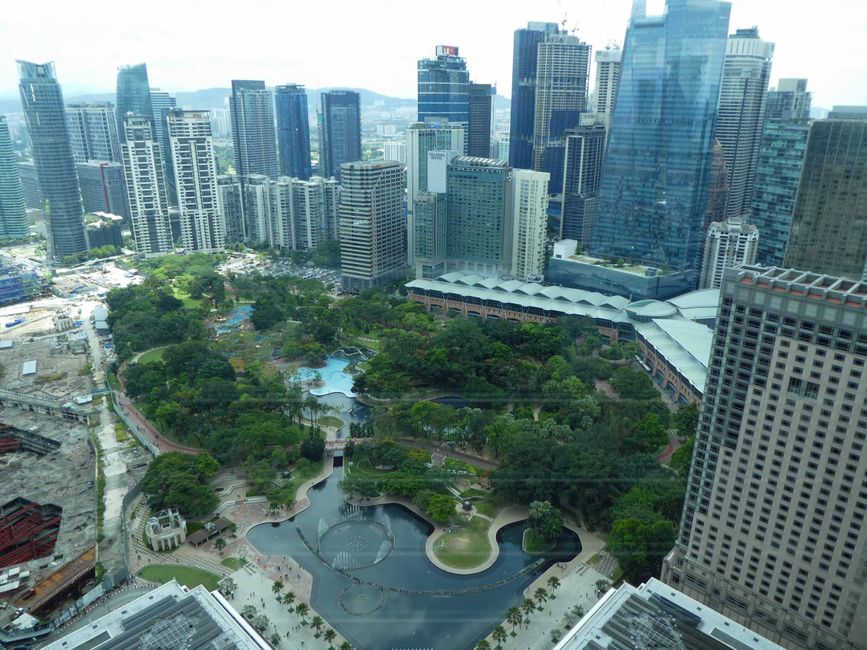
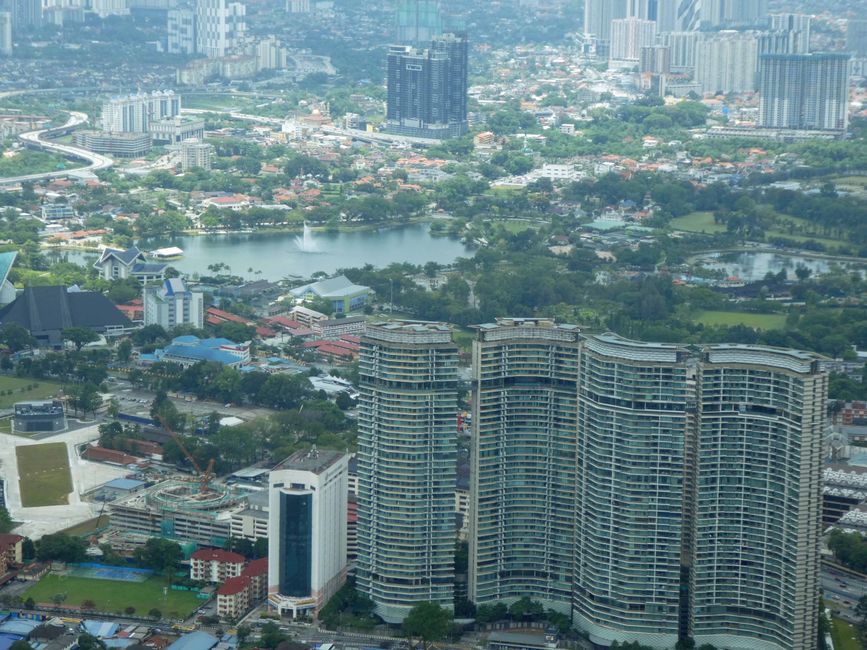
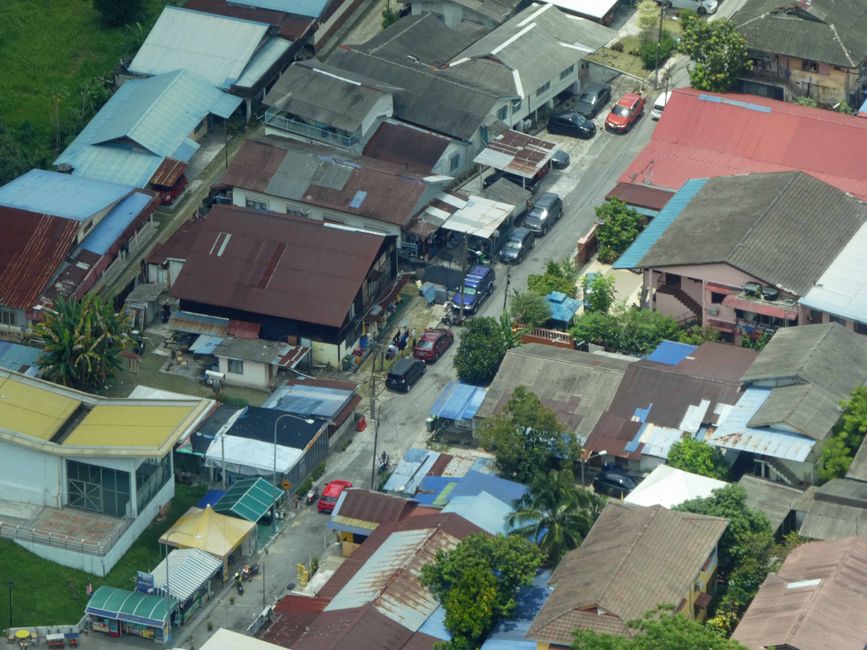
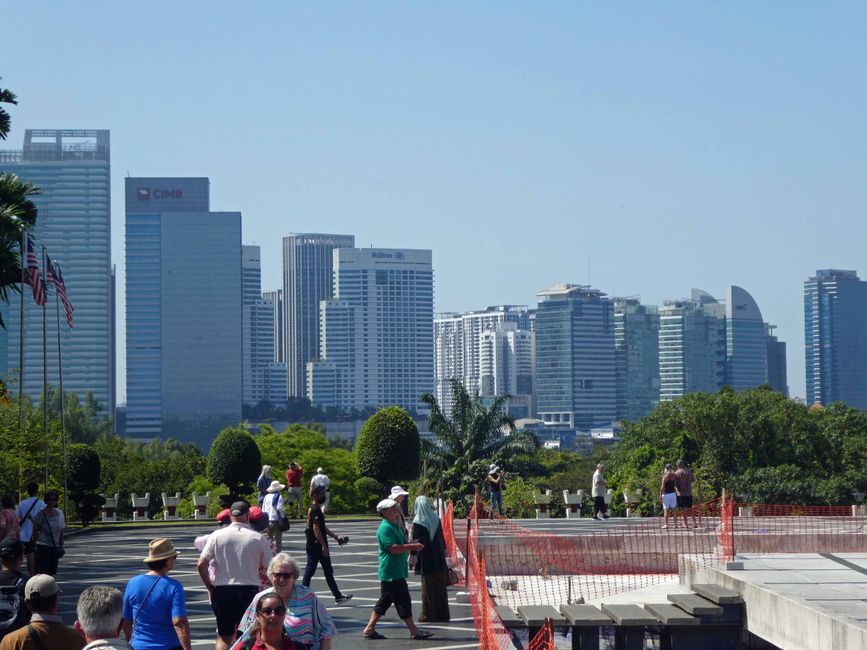
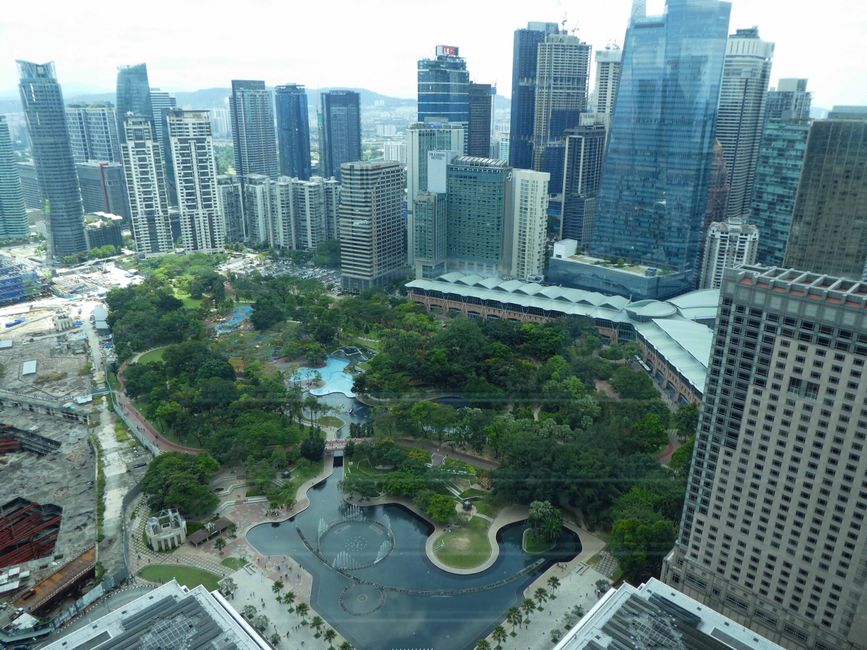
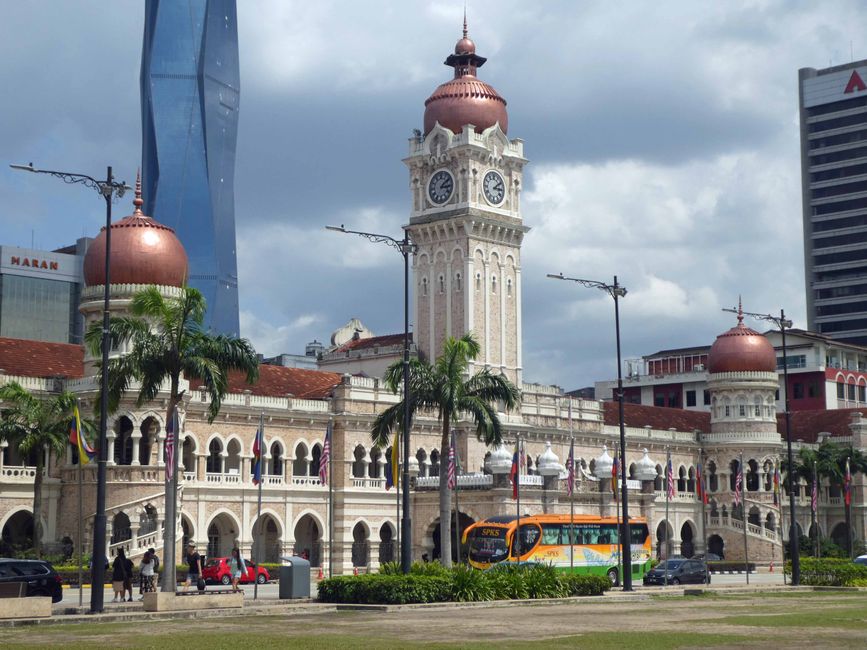
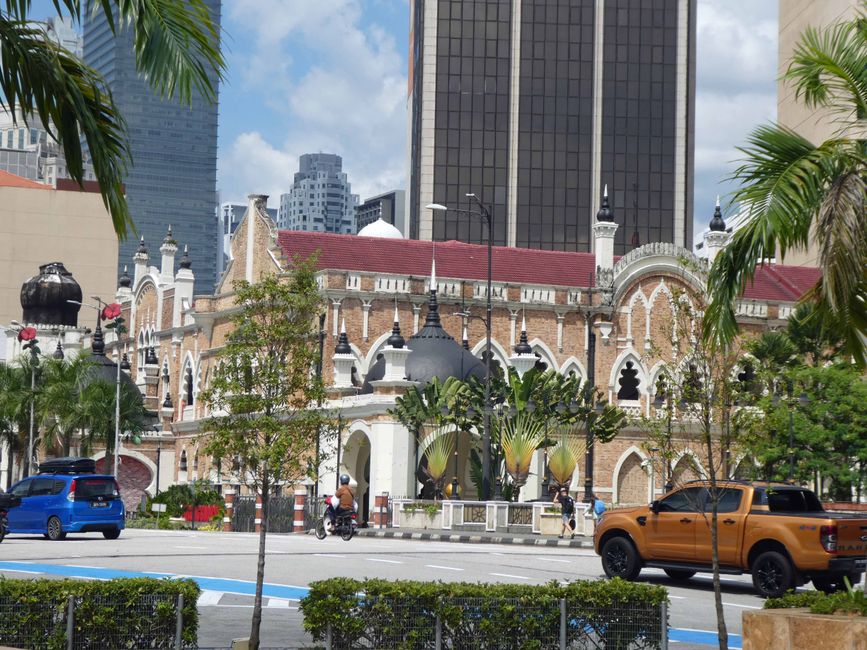
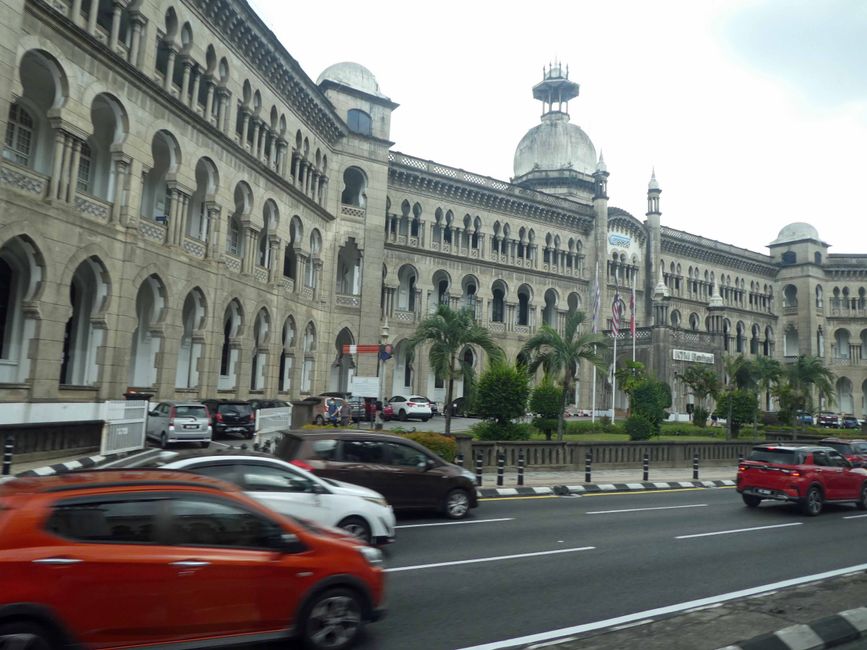
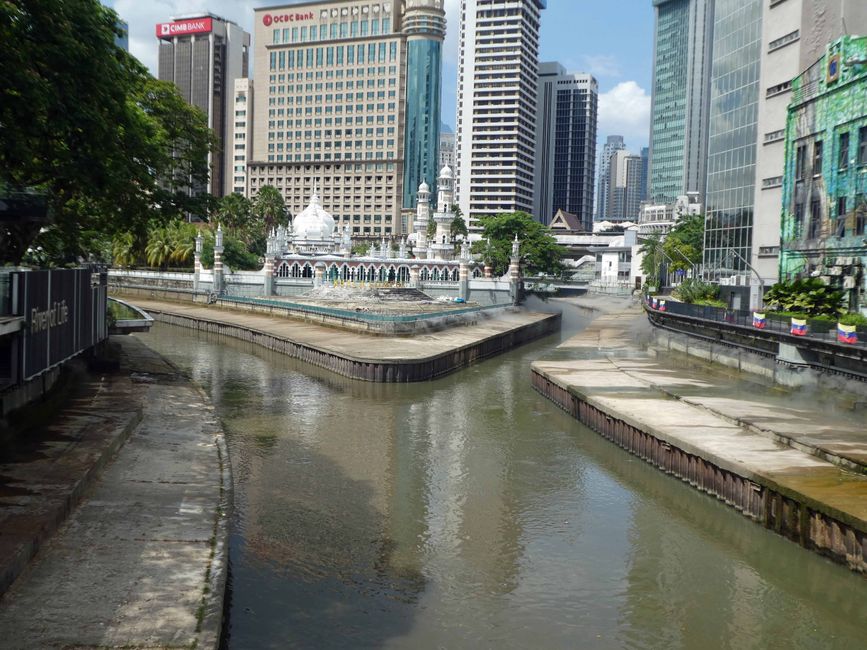
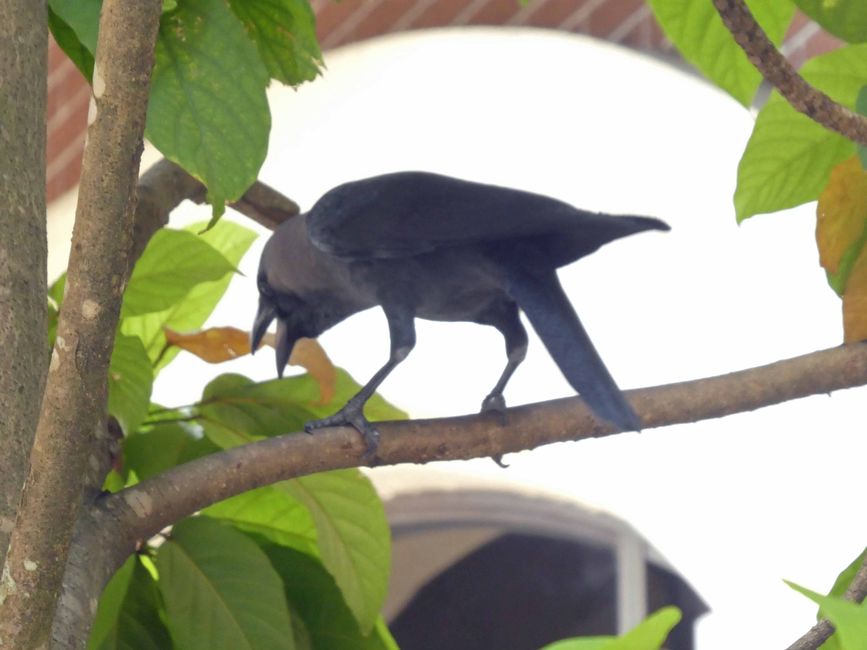
Падпісацца на рассылку
In Kuala Lumpur, we booked a city tour from the ship to safely visit the 400m high Petronas Twin Towers. However, the ship docked in Port Klang, which is about 60km away from Kuala Lumpur. During the journey, our bus broke down and we had to wait for a replacement bus on the highway. It was quickly hot inside the bus and outside it was around 35°C.
Eventually, we approached Kuala Lumpur. The city and its surroundings are dominated by skyscrapers of all shapes and sizes. There are also government-subsidized houses where the rent is about 10% of the market rent, and you can see that in the appearance of the houses. In the suburbs, you can still find charming single-family houses, but the closer you get to the city center, the fewer there are. In the city itself, there are still low-rise buildings, but only in a few places and they are often a bit run-down.
Overall, the Kuala Lumpur metropolitan area is quite clean. However, this is not because garbage is not carelessly thrown away, but because the government continually collects the waste. It looks terrible on a freshly mowed highway verge, but shortly after, everything is gone. Disposed of in a landfill.
Therefore, the city does not have the typical Southeast Asian impression. Compared to cities like New York, London, or Paris, it even gives a wealthier and tidier impression with almost exclusively skyscrapers.
In Kuala Lumpur, we mainly visited the Petronas Towers. The view is naturally stunning. Inside, there is a mall, mostly with international brands. But there is also a floor with food stalls, where you can get something and consume it similar to the Markthalle in Basel, Switzerland. I had a so-called small vegetarian Indian lunch with a dozen dishes. As usual in Malaysia, it was quite spicy but good, and it cost CHF 3, including a drink, in this fancy mall.
The other attractions in Kuala Lumpur are not necessarily worth a trip. There are just a few buildings from the colonial era, government buildings, and monuments.
Interesting was the residence of the second Prime Minister of Malaysia (Abdul Razak, in office from 1970-76), who is still highly regarded. The house and furnishings are comparable to the apartments of the ministers of the former German Democratic Republic (GDR) and would probably have been a holiday home for us. But for Malaysians, it is something more impressive and significant. However, it is probably more influenced by the person than by the house.
Падпісацца на рассылку
Адказ
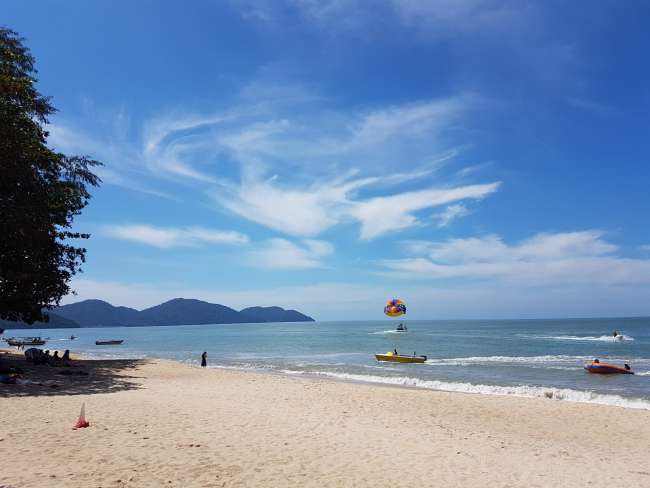
Справаздачы аб падарожжах Малайзія
